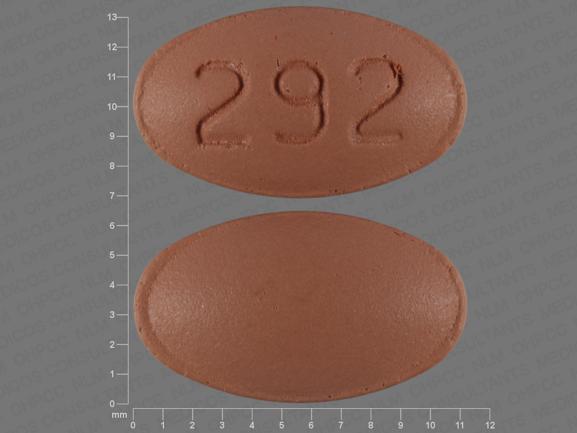Verapamil and Alcohol/Food Interactions
There are 3 alcohol/food/lifestyle interactions with verapamil.
Verapamil Alcohol (Ethanol)
Moderate Drug Interaction
Ask your doctor before using verapamil together with ethanol (alcohol). Verapamil may increase the blood levels and intoxicating effects of ethanol (alcohol). This can cause symptoms of extreme drowsiness, confusion, and nausea. If you experience any of these side effect you should avoid activities requiring mental alertness. It is important to tell your doctor about all other medications you use, including vitamins and herbs. Do not stop using any medications without first talking to your doctor.
Verapamil Multivitamins With Minerals
Moderate Drug Interaction
Using verapamil together with multivitamin with minerals can decrease the effects of verapamil. Talk with your doctor before using verapamil and multivitamin with minerals together. You may need a dose adjustment or need your blood pressure checked more often if you take both medications. It is important to tell your doctor about all other medications you use, including vitamins and herbs. Do not stop using any medications without first talking to your doctor.
Verapamil Food/Lifestyle
Moderate Food Interaction
You may take verapamil with or without food, but take it the same way every time. You should avoid consuming grapefruit or grapefruit juice as much as possible during treatment with verapamil. If you have been regularly consuming grapefruit or grapefruit juice with verapamil, do not increase or decrease the amounts of these products in your diet without first talking to your doctor. Grapefruit juice can increase the blood levels and effects of verapamil. Contact your doctor if you experience sudden, unexplained weight gain; swelling of the hands, ankles, or feet; chest pain; or difficulty breathing. Avoid driving or operating hazardous machinery until you know how the medication affects you, and use caution when getting up from a sitting or lying position. It is important to tell your doctor about all other medications you use, including vitamins and herbs. Do not stop using any medications without first talking to your doctor.
Switch to professional interaction data
Verapamil drug interactions
There are 671 drug interactions with verapamil.
Verapamil disease interactions
There are 12 disease interactions with verapamil which include:
- aortic stenosis
- bradyarrhythmia/AV block
- cardiogenic shock/hypotension
- coronary artery disease
- liver disease
- ventricular tachycardia
- accessory AV tracts
- CHF/AMI
- hypertrophic cardiomyopathy
- neuromuscular transmission
- renal dysfunction
- GI narrowing
More about verapamil
- verapamil consumer information
- Check interactions
- Compare alternatives
- Pricing & coupons
- Reviews (183)
- Drug images
- Side effects
- Dosage information
- Patient tips
- During pregnancy
- Support group
- Drug class: calcium channel blockers
- Breastfeeding
- En español
Related treatment guides
Drug Interaction Classification
| Highly clinically significant. Avoid combinations; the risk of the interaction outweighs the benefit. | |
| Moderately clinically significant. Usually avoid combinations; use it only under special circumstances. | |
| Minimally clinically significant. Minimize risk; assess risk and consider an alternative drug, take steps to circumvent the interaction risk and/or institute a monitoring plan. | |
| No interaction information available. |
See also:
Further information
Always consult your healthcare provider to ensure the information displayed on this page applies to your personal circumstances.


